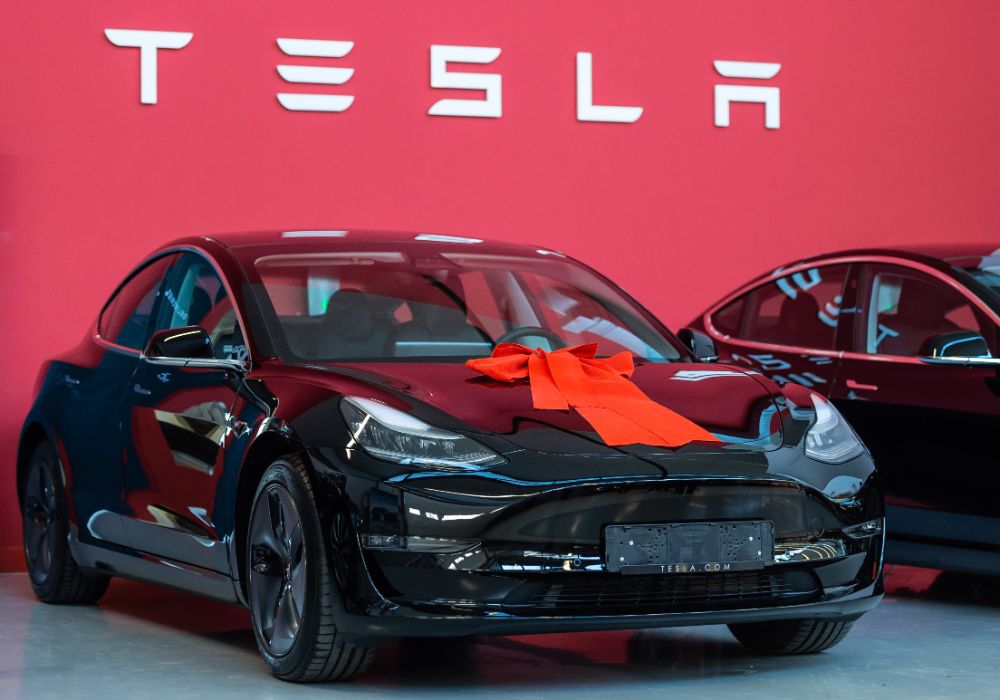Tesla has initiated significant price reductions across its lineup in China in response to waning sales and escalating competition in the electric vehicle (EV) market. This move follows recent price cuts in the United States, reflecting the company’s efforts to navigate through a challenging landscape marked by intensifying price wars, particularly with more affordable Chinese EV alternatives.

According to Tesla’s official website, the starting price of the revamped Model 3 in China has been slashed by 14,000 yuan ($1,930) to 231,900 yuan ($32,000). Similar price adjustments have been applied to other models: the Model Y now starts at 249,900 yuan, the regular Model S at 684,900 yuan, and the Model S Plaid at 814,900 yuan. Additionally, the regular Model X is now priced at 724,900 yuan, with its plaid variant at 824,900 yuan.
These price reductions in China come on the heels of Tesla’s decision to lower the prices of its Model Y, Model X, and Model S vehicles by $2,000 in the United States. Furthermore, the company recently reduced the price of its Full Self-Driving driver assistant software from $12,000 to $8,000 in the U.S.
Tesla’s move to lower prices comes amidst a backdrop of declining global vehicle deliveries in the first quarter, a first in nearly four years. Despite previous price cuts aimed at stimulating demand, the company has faced challenges, including slower model refresh cycles and increased competition from Chinese rivals offering more affordable alternatives.
In parallel developments, Tesla CEO Elon Musk postponed a planned trip to India, where discussions with Prime Minister Narendra Modi were expected to include Tesla’s entry into the South Asian market. This delay coincides with Musk’s announcement of layoffs affecting over 10% of Tesla’s global workforce, a measure taken in anticipation of the company’s first annual decline in deliveries.
Moreover, Tesla’s decision to abandon plans for an affordable EV in favour of focusing on robotaxis has sparked speculation and investor concern. Musk’s dismissal of reports suggesting this shift, without providing further clarity, has contributed to uncertainty surrounding Tesla’s strategic direction.
As a result, Tesla shares have experienced a significant decline of 40.8% year-to-date, reflecting investor unease amidst evolving market dynamics and strategic shifts within the company.
